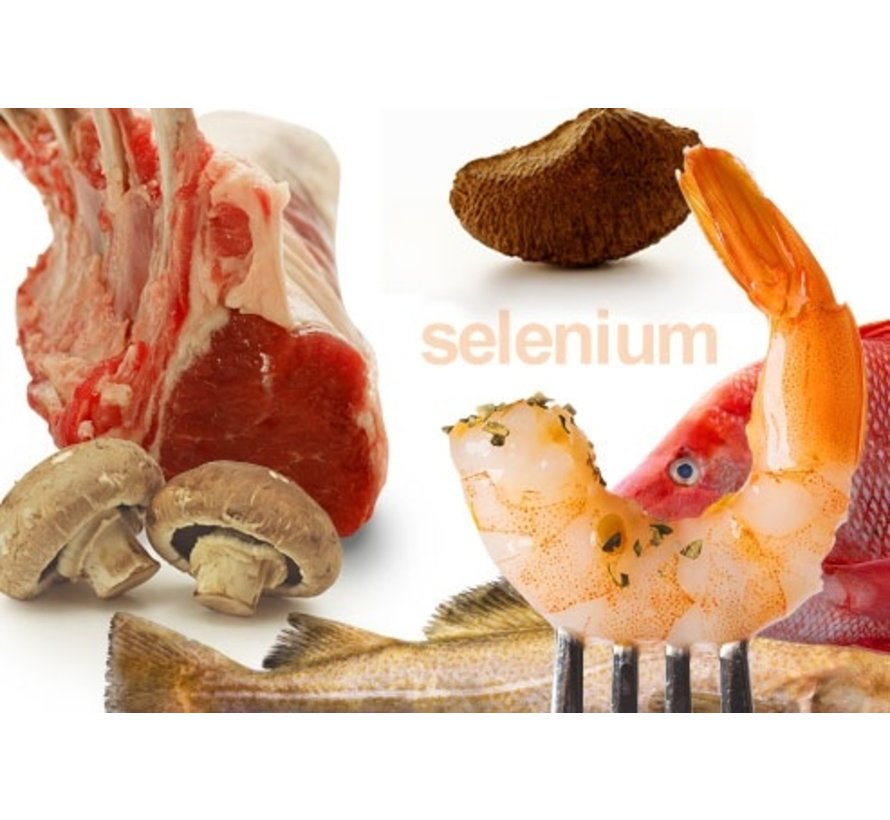Selenium deficiency?
Measurement of Selenium in Blood.
Selenium or selenium is a trace element that also functions as an antioxidant. Selenium is found in the liver and protects red blood cells and cells from damage.
Selenium makes heavy metals that end up in food due to contamination less toxic. Selenium is also important for proper thyroid function and possibly protects selenium from developing prostate cancer.
Selenium is found in many foods, both animal (fish and meat) and plant products. There is some evidence that young men and women, pregnant women and teenage girls may not get enough selenium.
Selenium or selenium is an essential trace element with a variety of functions. Among other things, the element is involved in the production of special proteins called antioxidant enzymes, which play a role in preventing cell damage caused by free radicals. Vegetables are the most common dietary sources of selenium.
Minerals, like vitamins, are substances that occur in small quantities in food and drink. They are essential for good health and normal growth and development.
Selenium deficiency as well as selenium toxicity is rare in the Netherlands.
Selenium (metalloid, essential trace element) is involved in the detoxification of cell-damaging free radicals (such as catalase, lipid peroxides, superoxide dismutase, glutathione S-transferase).
Its antioxidant activity protects against atherosclerosis, degenerative processes and the development of tumors. Selenium also works for the immune system.
Selenium is found in the smelting of ore in the electrical, glass and ceramic industries. Pollution sources also include: gases, dust, water, food, excessive selenium medication (> 400 ug/day)
Selenium deficiency
muscle and myocardial degeneration, immune system disorders, increased risk of tumors, increased risk of heart disease, oxidative stress. Oxidation involves burning nutrients by binding to oxygen. These reactive oxygen compounds are created during the natural process of metabolism. Oxidative stress is a metabolic state in which more reactive oxygen compounds are released than usual. Oxidative stress can be caused by excessive alcohol consumption, smoking, medication use, physical or psychological stress, excessive sun exposure, air pollution, intense exercise or obesity, among other things.
Selenium poisoning can occur at more than 800 ug/day with characteristics such as fatigue, headache, nervousness, salivation, diarrhea, garlic smell in the breath, brittle nails, hair loss, liver and kidney damage, acute inflammation of the mucous membrane of the eyes, inflammation of the larynx and vocal cords, bronchitis.





